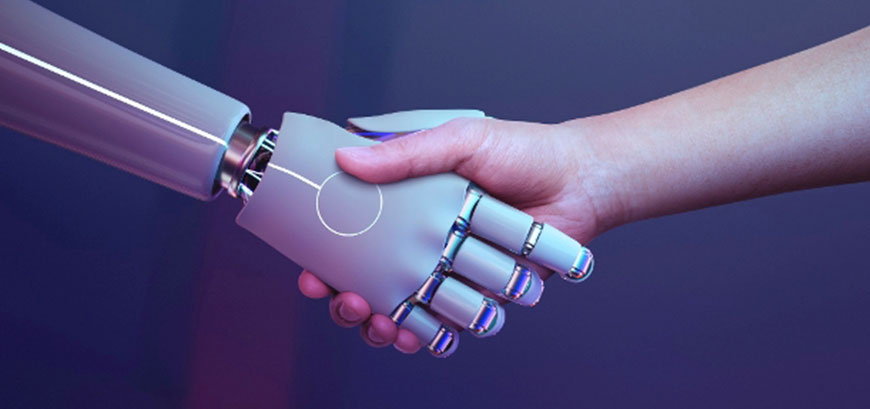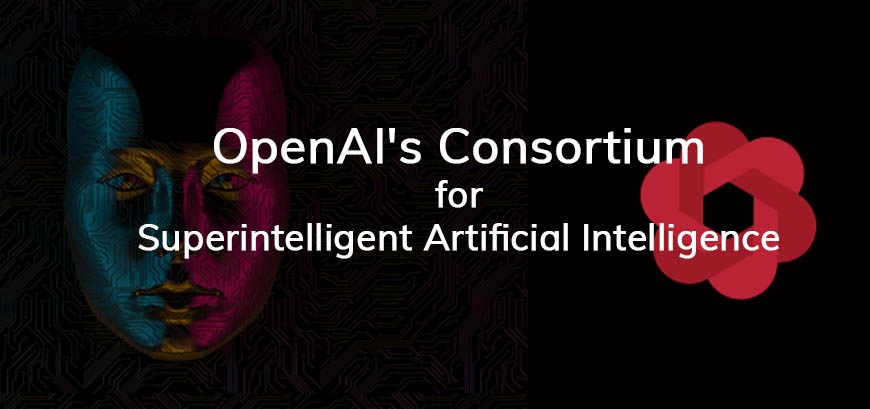In the modern era, AI has emerged as a highly transformative technology. From self-driving cars to voice assistants and personalized recommendations, AI is revolutionizing the way we live, work, and interact with technology. In this article, we will demystify the concept of AI and explore its profound impact on everyday life.
Understanding Artificial Intelligence
AI refers to computer systems performing tasks requiring human intelligence. The purpose of AI systems is to analyze large volumes of data, identify patterns, and generate intelligent decisions or predictions. Through machine learning algorithms and deep neural networks, AI models can continually learn and improve from experience without explicit programming.
Transforming Industries
AI is reshaping various industries, bringing forth new possibilities and efficiencies. In healthcare, AI-powered systems assist in diagnosing diseases, analyzing medical images, and discovering new treatments. In finance, AI algorithms aid in fraud detection, risk assessment, and algorithmic trading. The manufacturing sector benefits from AI-driven automation, predictive maintenance, and quality control. From retail and customer service to transportation and logistics, AI is revolutionizing processes and enhancing productivity across diverse sectors.
Enhancing Everyday Experiences
AI has become deeply integrated into our everyday lives, often without us even realizing it. Voice assistants like Siri, Alexa, and Google Assistant leverage AI to understand and respond to natural language commands, making our interactions with technology more intuitive and convenient. Streaming services and e-commerce platforms utilize AI algorithms to recommend personalized content and products based on our preferences and browsing history. Social media platforms employ AI for content moderation, spam detection, and targeted advertising.
Empowering Decision-Making
AI systems have the potential to assist in decision-making by providing valuable insights and analysis. AI-powered analytics tools can process vast amounts of data to uncover trends, identify patterns, and make data-driven predictions. This enables organizations to make informed decisions, optimize processes, and gain a competitive edge. AI also plays a role in assisting policymakers and researchers in analyzing complex data sets and modelling scenarios to address societal challenges.
Ethical Considerations
With the continuous advancement of AI, ethical considerations take on a prominent role. Questions around privacy, bias, and accountability arise as AI systems become more ingrained in our lives. Striking a balance between innovation and responsibility is crucial to ensure that AI technologies are developed and deployed in a manner that respects human rights, addresses biases, and fosters transparency. Ongoing discussions and collaborations between stakeholders are vital in shaping the ethical framework surrounding AI.
The Future of Artificial Intelligence
The potential of AI is vast, and its future holds tremendous possibilities. Continued advancements in AI research and technology are expected to drive innovation in areas such as autonomous vehicles, robotics, healthcare diagnostics, and natural language processing. The integration of AI with other emerging technologies like the Internet of Things (IoT) and blockchain opens up new avenues for seamless connectivity, automation, and secure data exchange.
In conclusion, Artificial Intelligence is no longer confined to science fiction. It has become an integral part of our daily lives. From transforming industries and enhancing everyday experiences to empowering decision-making and raising ethical considerations, AI is reshaping the world as we know it. As we embrace the potential of AI, it is essential to navigate its development with a thoughtful and responsible approach, ensuring that it benefits society as a whole and contributes to a better future.





